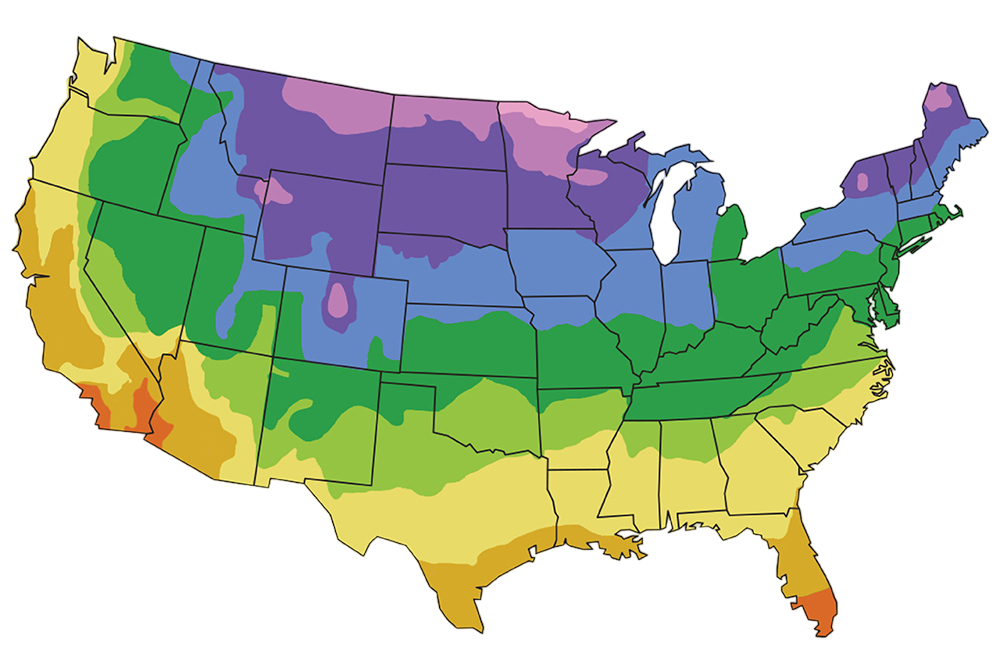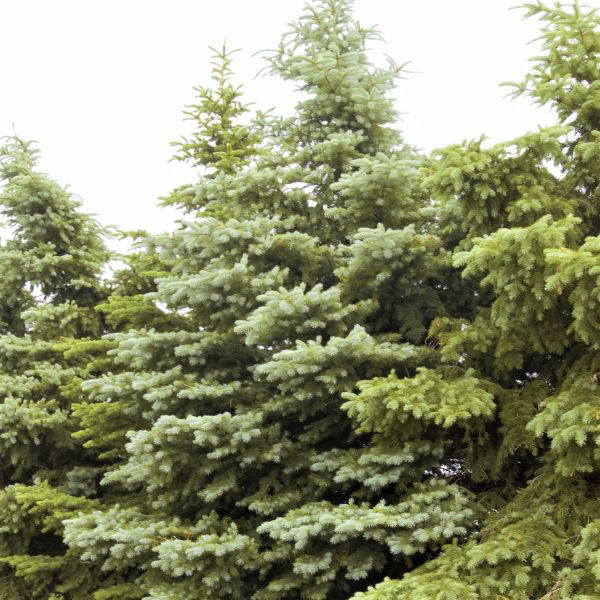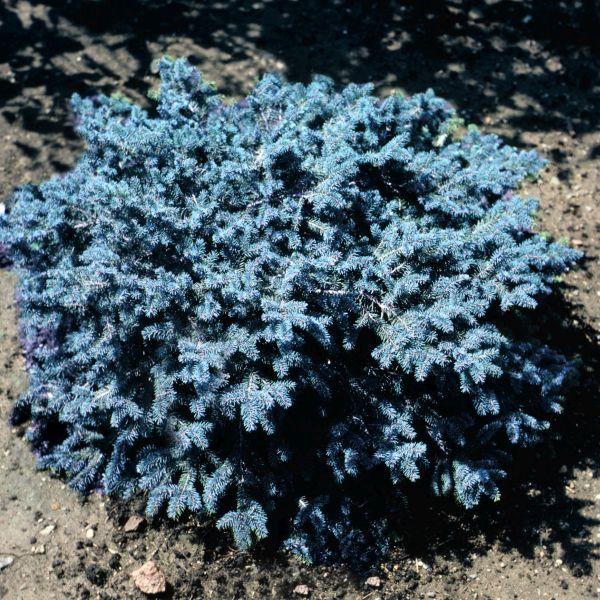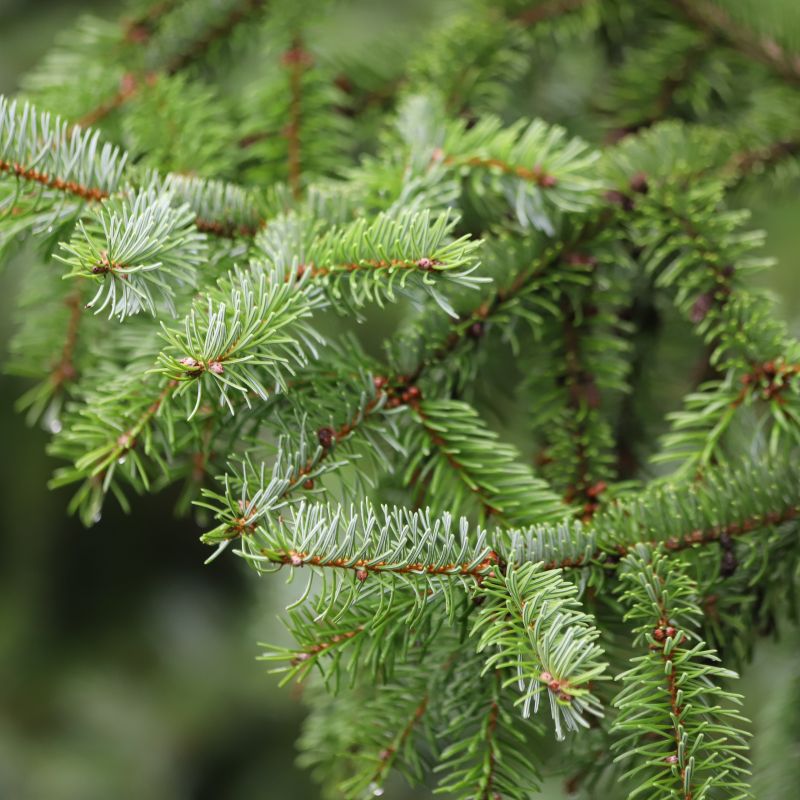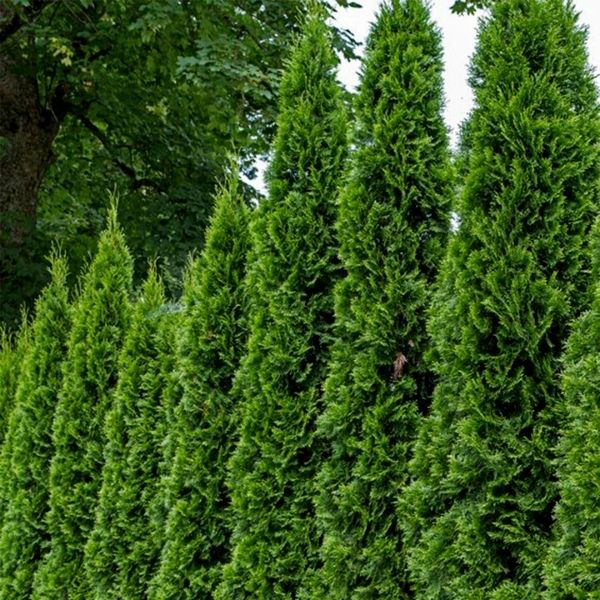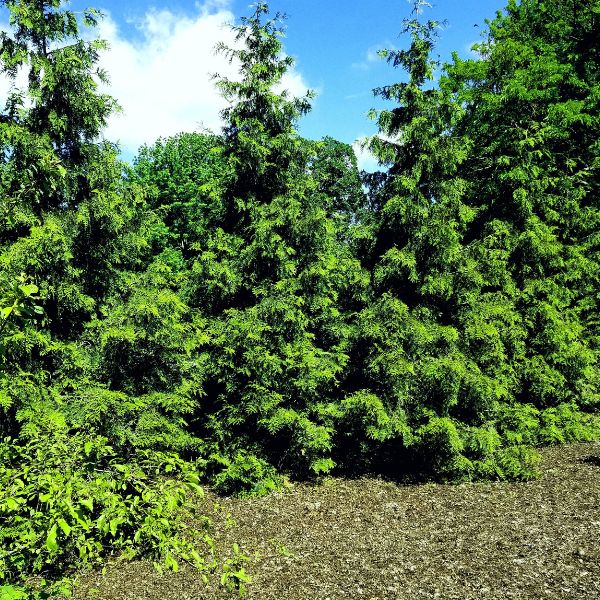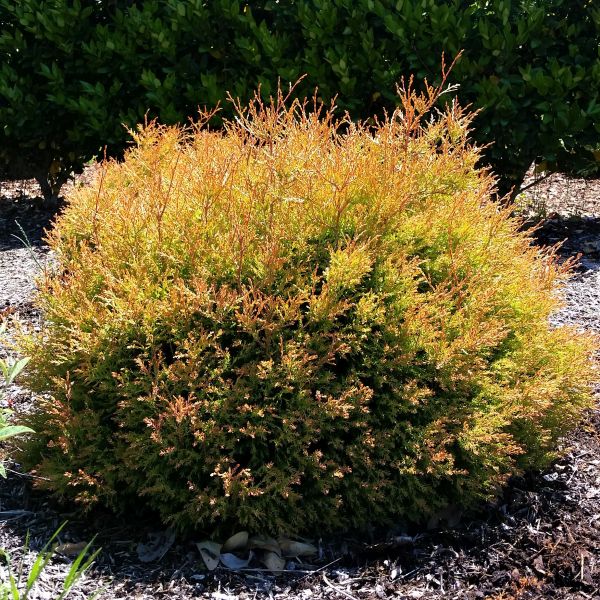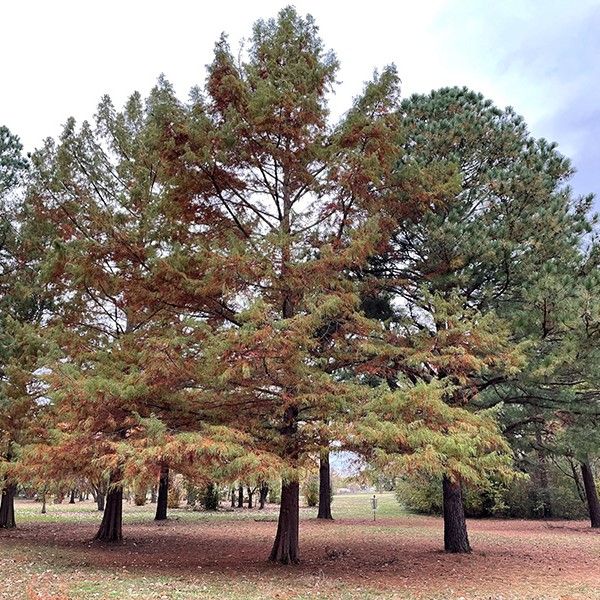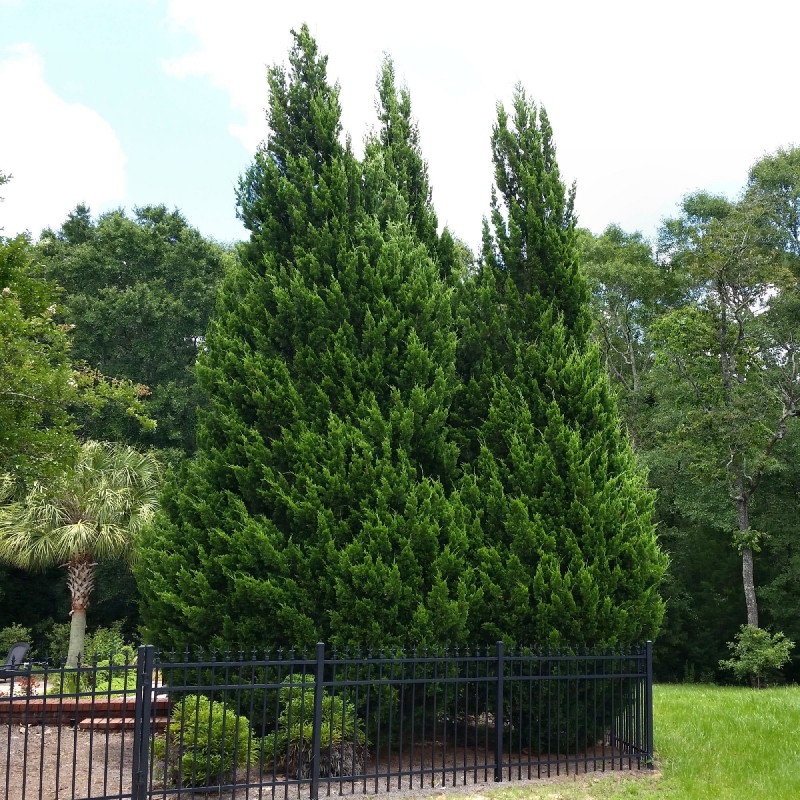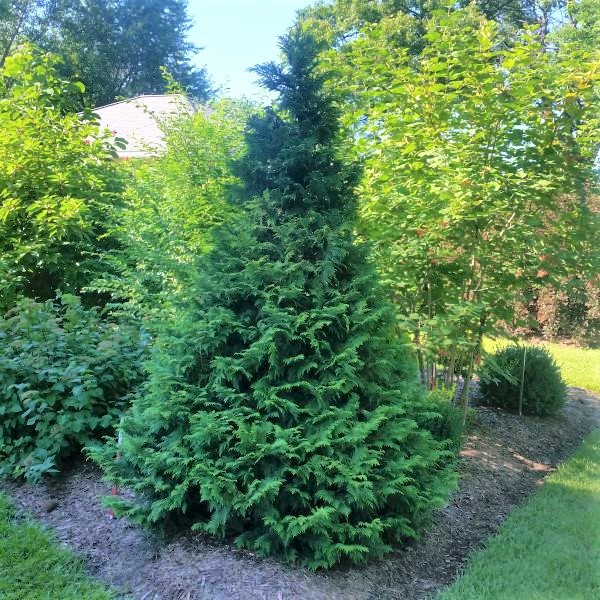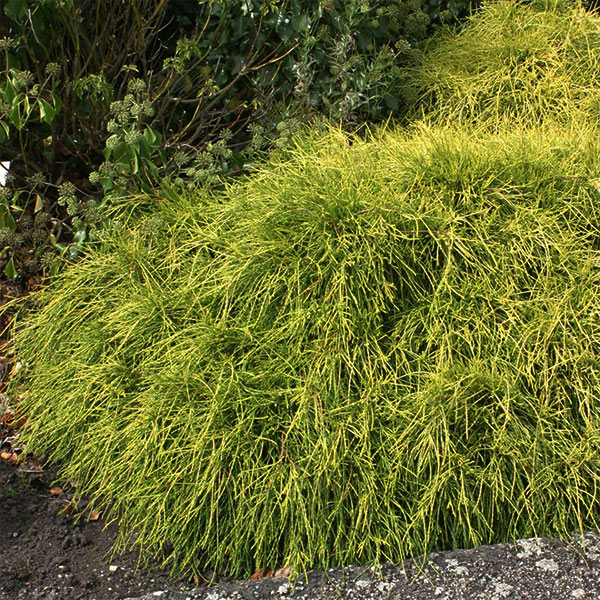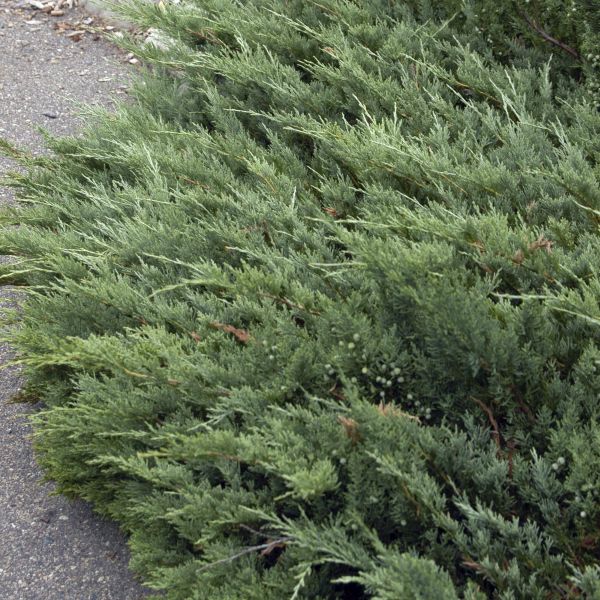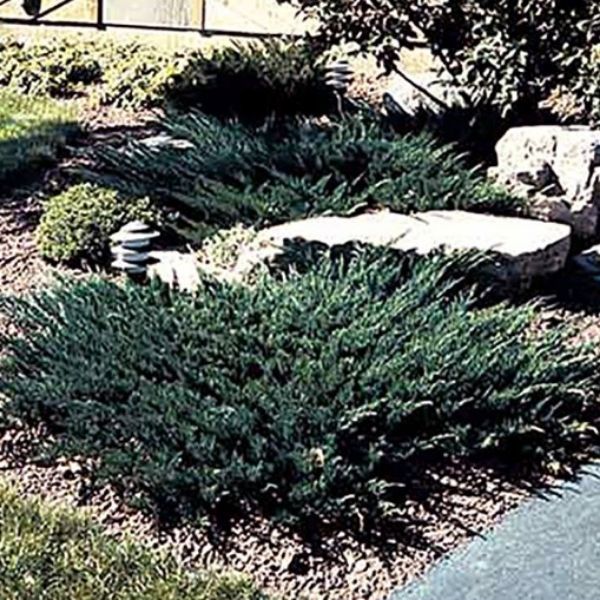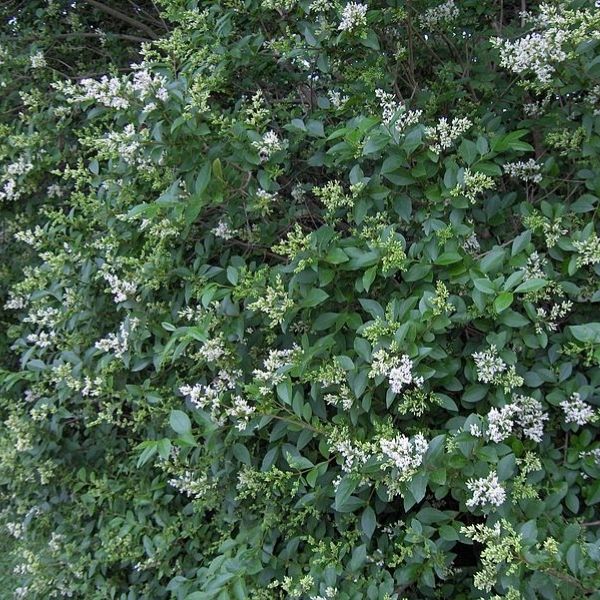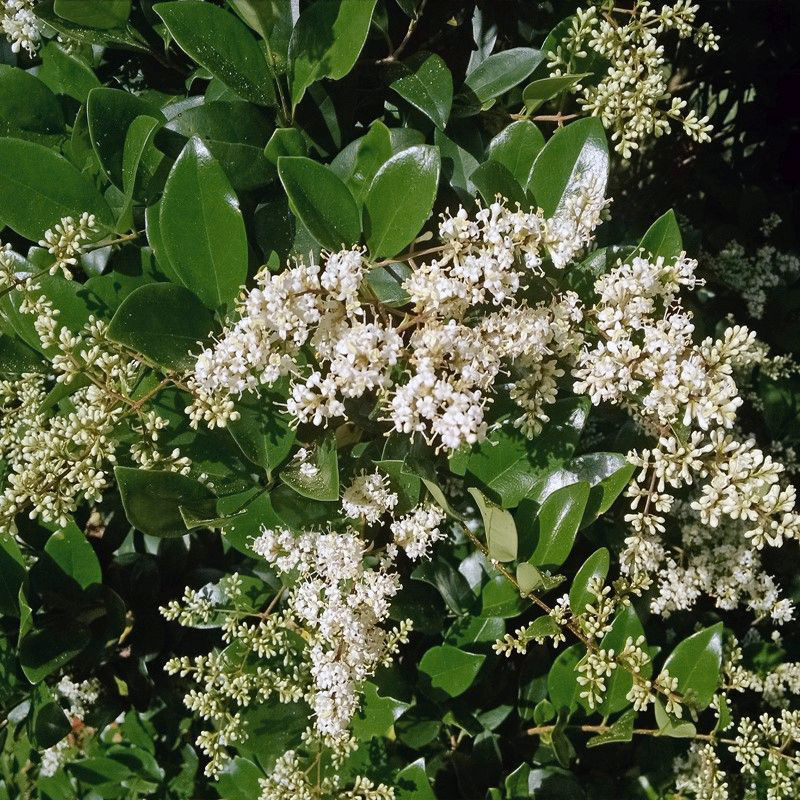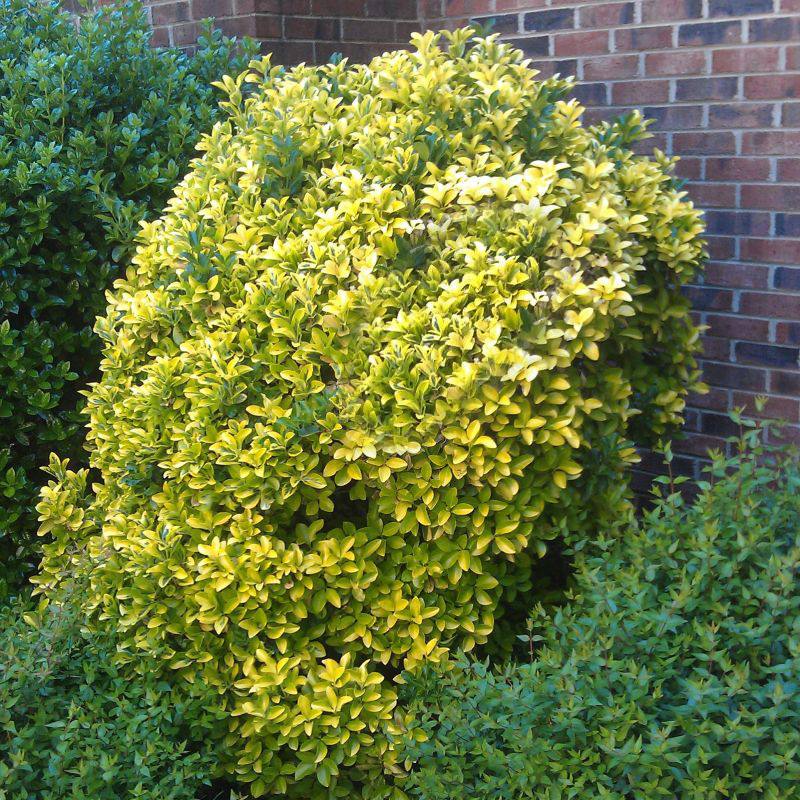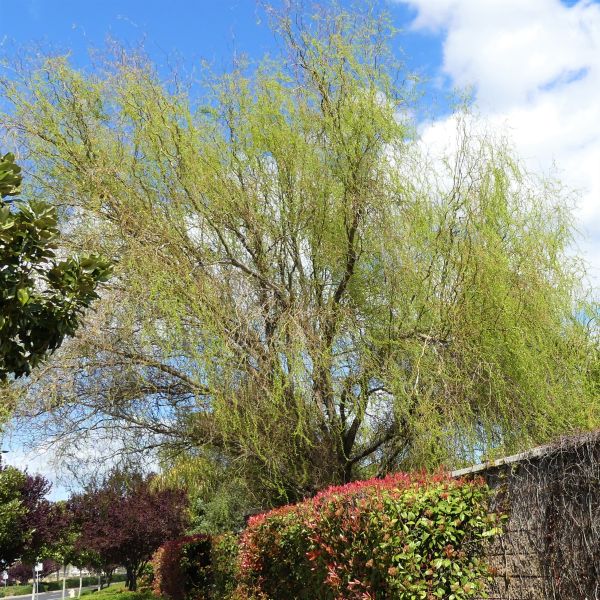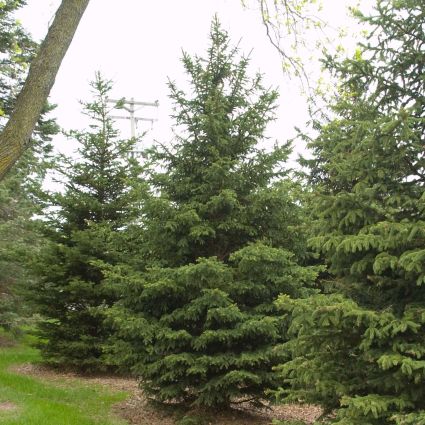

Black Hills Spruce Tree
Picea glauca 'Densata' var. densata
18 reviews
Black Hills Spruce Tree
Picea glauca 'Densata' var. densata
18 reviews
- Adaptable to various soil types
- Dense, pyramidal shape adds privacy to landscapes
- Tolerant of cold temperatures and harsh winds
- Recommended by landscape designers for optimal fit in real yards
$157.00
$225.00
30% Off
- Ships to 43215 in 3 to 7 days
- Free Shipping
- Plant Arrival Guarantee
- In Stock
- Free Plant Consult
$200 - Landscape-Approved: Every Plant We Sell Comes With Design Expertise Behind It
- 3.5 Gallon
- 1.5 Gallon
Not just beautiful - intentionally selected by ShrubHub's 3D landscape design team to fit real-world spaces and maximize yard potential.
Why Black Hills Spruce Tree?
Black Hills Spruce Tree (Picea glauca 'Densata') is a hardy evergreen tree that is ideal for creating a windbreak or privacy screen. Its dense, dark green foliage can withstand harsh conditions, making it a popular choice for colder climates. The tree's conical shape and moderate growth rate also make it a great option for landscaping and as a specimen tree in smaller yards.
People who loved this plant also bought
Sunlight
The Black Hills Spruce tree requires full sun to partial shade for optimal growth and health.
Watering
The Black Hills Spruce tree requires consistent watering, especially during its establishment period. It prefers moist but well-drained soil, and watering should be done deeply to ensure adequate hydration. Additionally, the tree benefits from mulching aro
Fertilizing
The fertilizer requirement for Black Hills Spruce Tree is typically low. A balanced fertilizer formulated for evergreen trees can be applied in early spring or late fall, following the dosage instructions provided by the manufacturer.
Black Hills Spruce tree is a distinct variety of white spruce. It's named after the black hills of South Dakota, where it's native. Black Hills spruce tree has a lovely conical, uniform shape and thick foliage in the lovely colors of blue green, and dark green, leading many to cultivate it as a Christmas tree.
Black Hills spruce tree is loved for its resistance to winter injury during cold winters, poor soil, wet soil, and bad weather. Aside from Christmas trees, it's widely used as a winter cover for those reasons.
Unlike the typical white spruce, it has a slow growth rate. Normally, black hills spruce grows to 50 to 100 ft. The Black Hills spruce tree is often used for Bonsai, the art of growing miniature trees in containers.
The seed of black hills spruce trees is important for small mammals and songbirds. The branches are also nesting sites for many varieties of birds.
When it comes to planting care, black hills spruce trees are fan-favorite evergreen shrubs for their low maintenance and the lovely look they add to residential landscapes. It does best in cold winters and cool summers, so hardiness zones 3-6 are perfect for this white spruce variety. In those conditions, this tree can thrive for more than 80 years.
However, this white spruce tree can be susceptible to diseases when young and not fully attended to. But with shrubhub.com, you'll have absolutely nothing to worry about as your tree will arrive with the healthiest and strongest root system.
Plant Information:
| Botanical Name: | Picea glauca 'Densata' var. densata |
| USDA Zones: | 2 - 8 |
| Water: | Low Moisture Once Established |
| Exposure: | Full Sun |
| Soil Needs: | Widely Adaptable |
| Mature Height: | 40 - 60 feet |
| Mature Spread: | 15 - 25 feet |
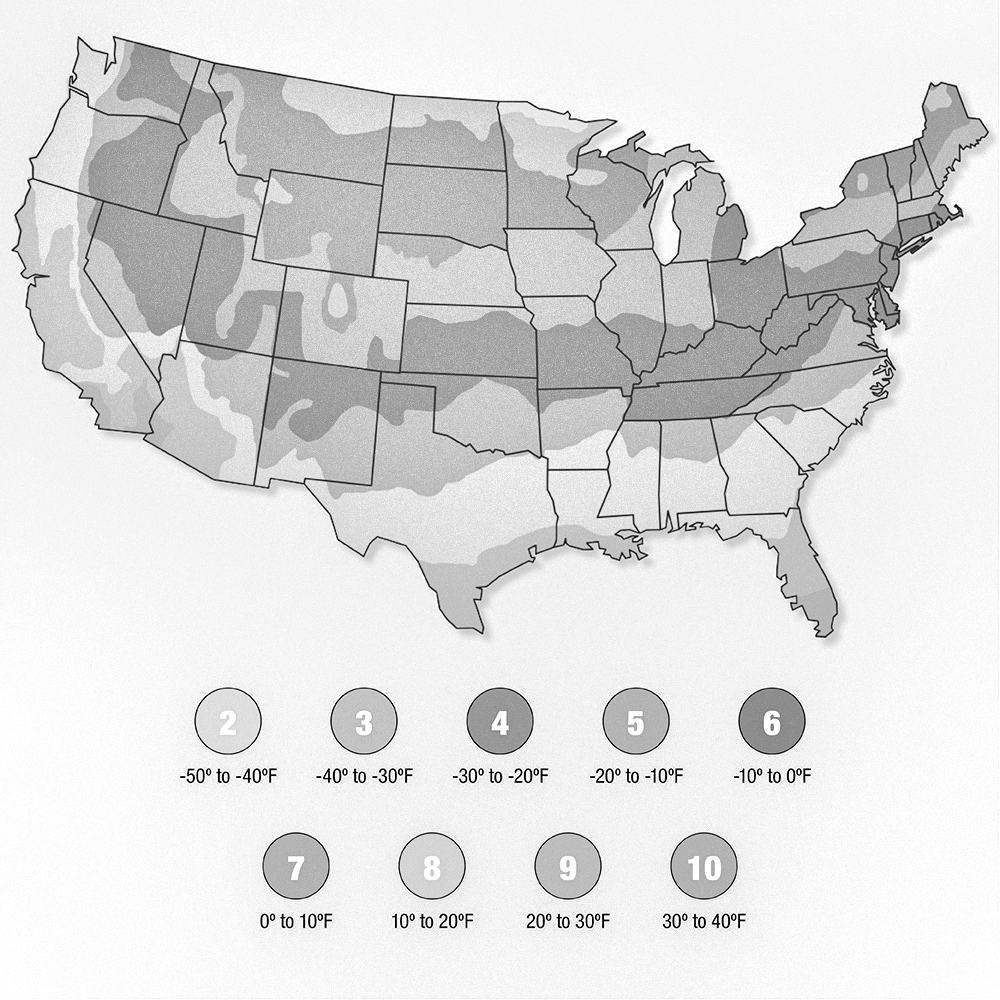


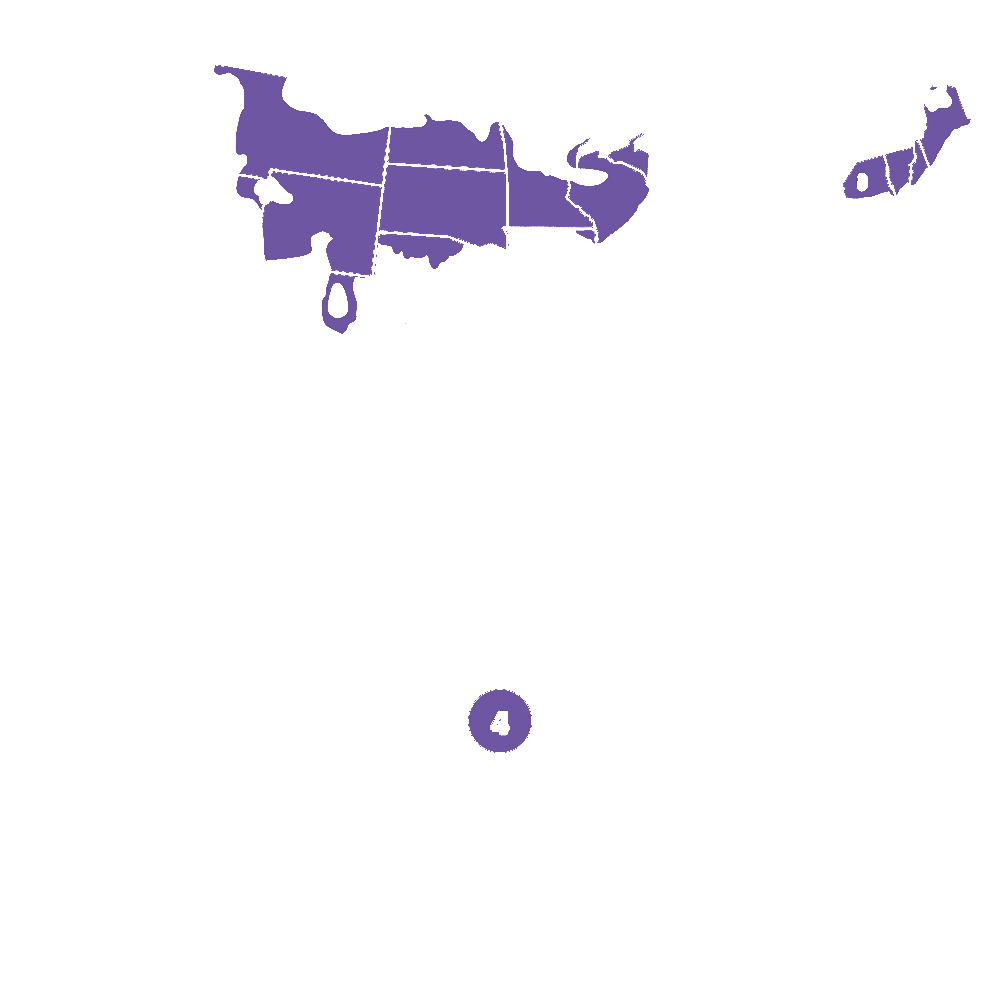
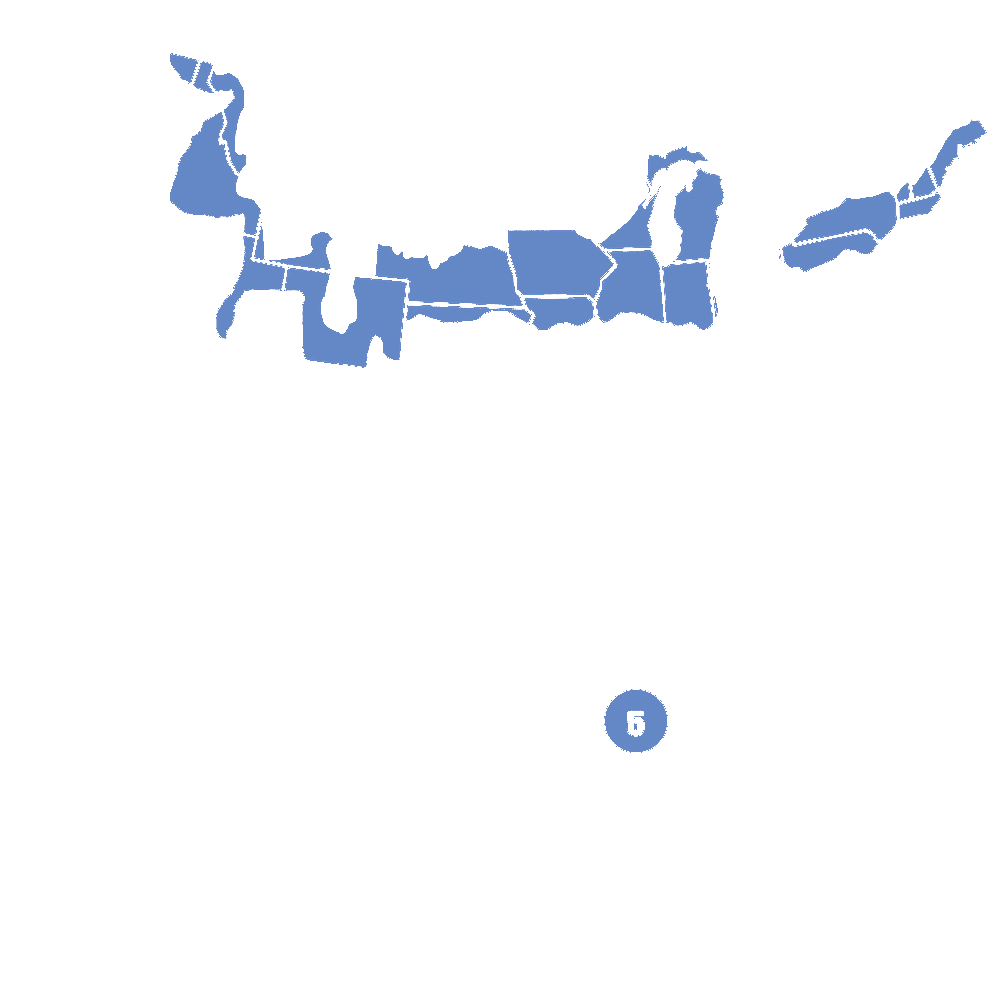
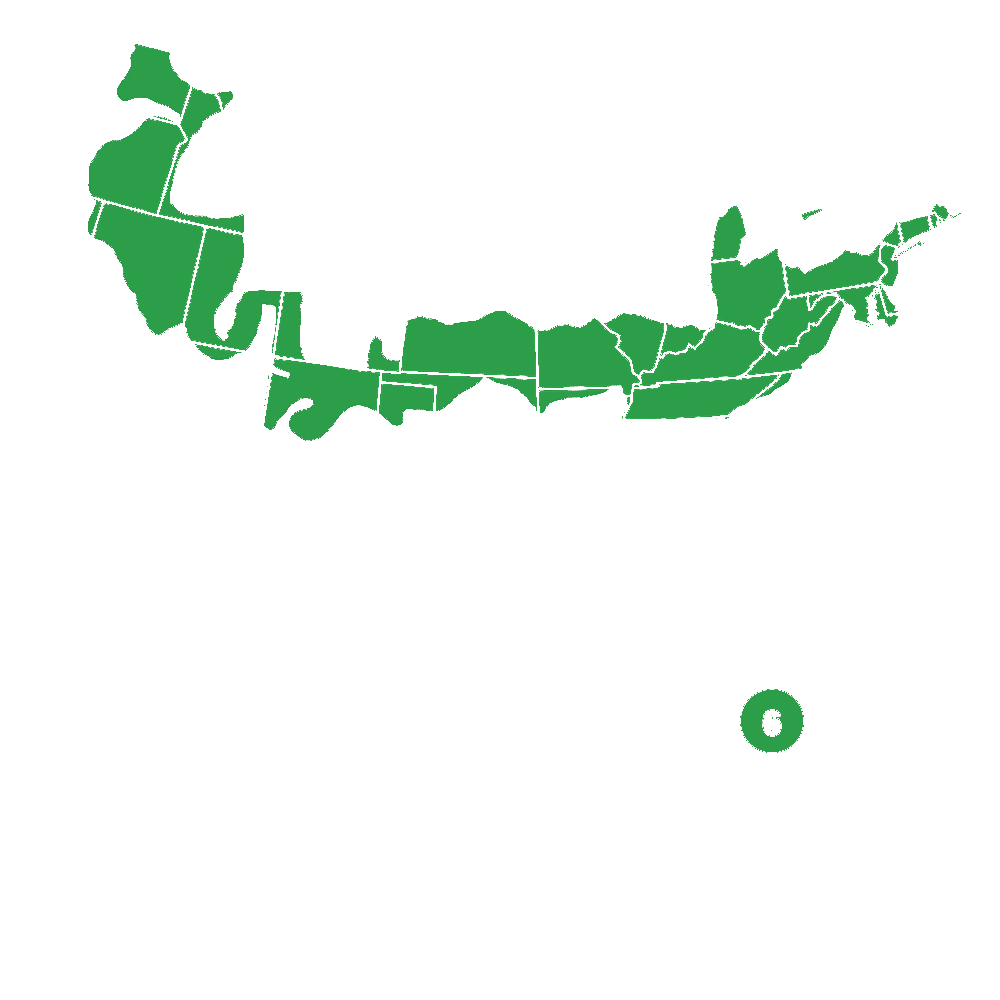
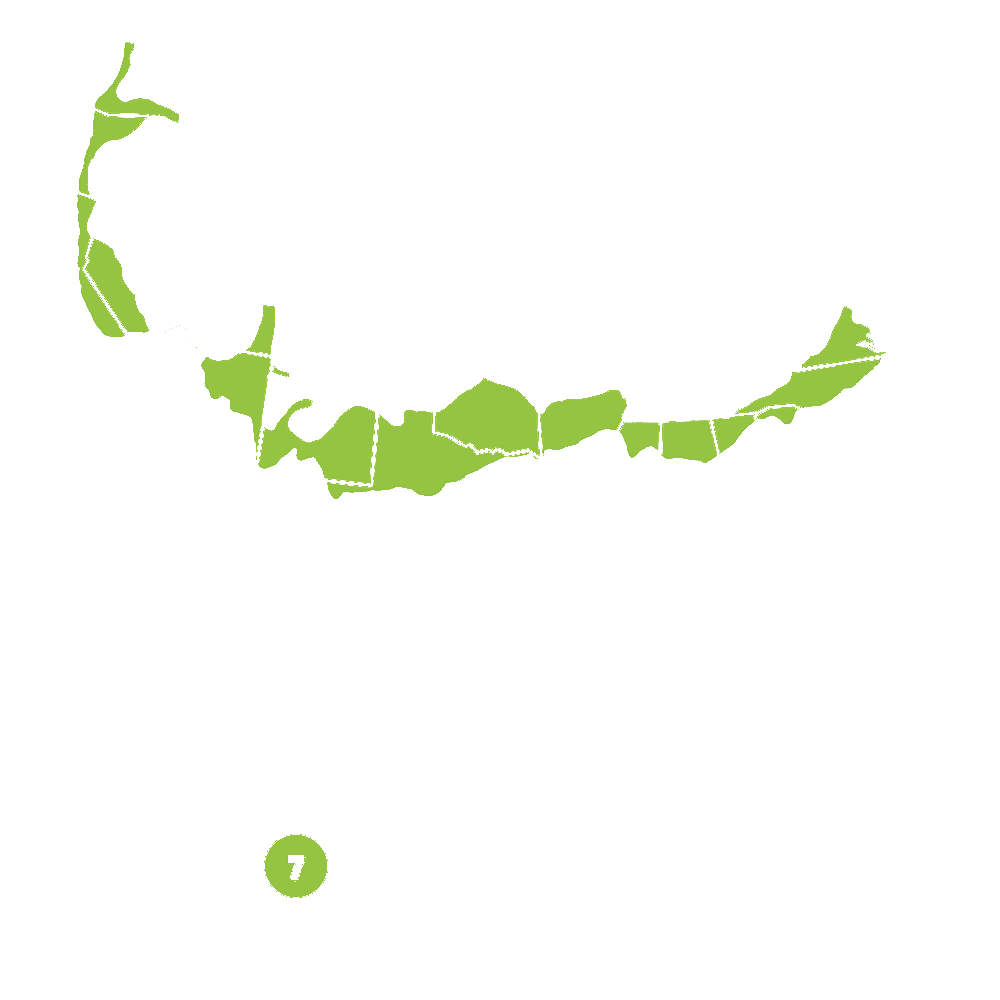
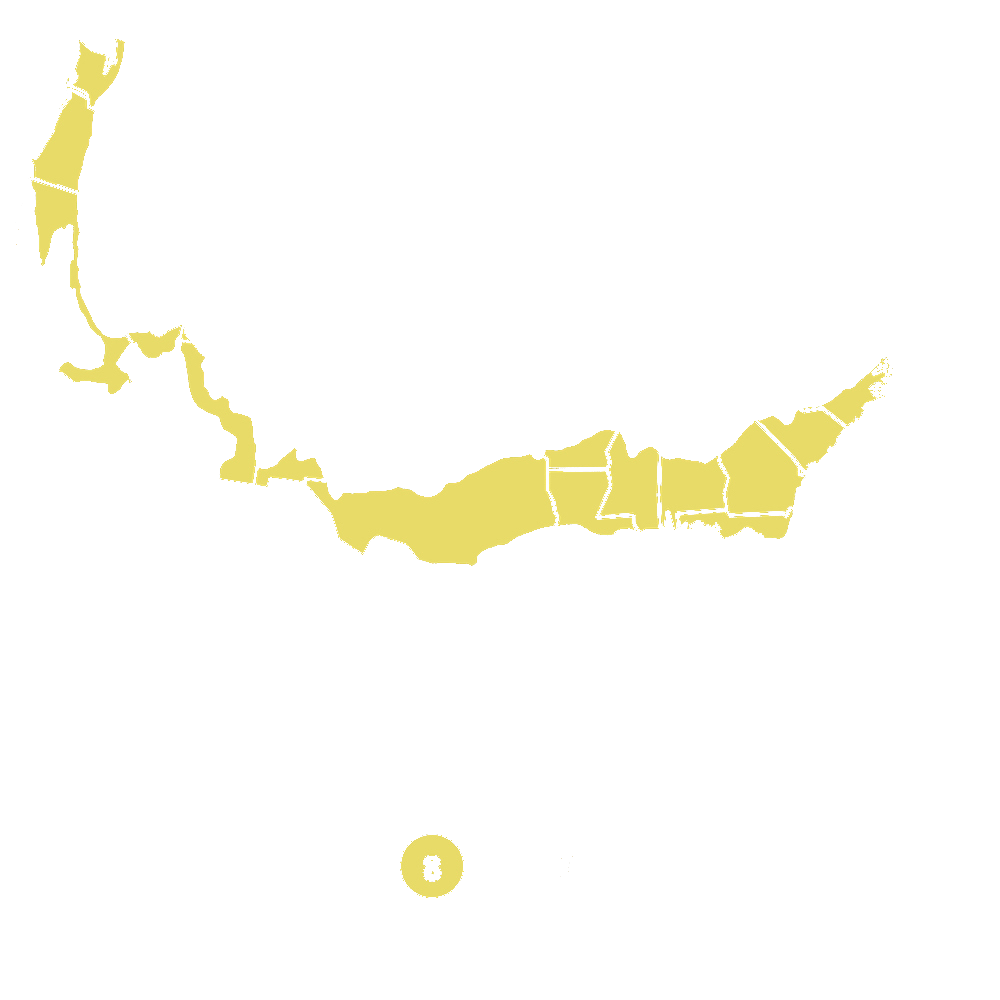
Pollination Info
Pollination Info for Black Hills Spruce Tree (Picea glauca 'Densata')
The Black Hills Spruce tree, also known as Picea glauca 'Densata', is a native evergreen conifer that is highly valued for its ornamental qualities. This tree species is a useful plant for landscaping, timber and paper production, and in wildlife management. Picea glauca 'Densata' also serves as a natural habitat for many species of birds and other animals.
Pollination of Black Hills Spruce
Most conifers, including Black Hills Spruce trees, are pollinated by the wind. However, they do produce cones and seeds that can later be dispersed by birds and other small animals.
During pollination, the male cones of the Black Hills Spruce tree release pollen grains that are carried by the wind to the female cones. The female cones are usually found at the top of the tree and are pollinated by the pollen that drifts in the wind.
Factors Affecting Pollination
The pollination of Black Hills Spruce trees is influenced by several factors including temperature, humidity, and wind speed. The timing of the pollination season can also vary depending on the conditions of the air. The Black Hills Spruce tree is capable of pollinating itself, but it would be best to have a second tree nearby for a stronger pollination process to occur.
Conclusion
Pollination is an essential process in the reproduction of Black Hills Spruce trees. Although wind is the primary pollination agent for this tree species, it is also important to consider the environmental factors that influence pollination. Taking care of these factors will ensure the healthy growth and reproduction of Black Hills Spruce trees.
FAQ
Black Hills Spruce Tree (Picea glauca 'Densata') FAQ
General Information
Q: What is a Black Hills Spruce Tree (Picea glauca 'Densata')?
A: The Black Hills Spruce is a type of spruce tree that is known for its dense, conical shape and dark green needles.
Q: Where does the Black Hills Spruce Tree grow?
A: The Black Hills Spruce is native to the Black Hills region of South Dakota and Wyoming, but is also commonly grown in other parts of the United States and Canada.
Q: What are some common uses for the Black Hills Spruce Tree?
A: The Black Hills Spruce is often planted as an ornamental tree in landscaping or as a Christmas tree. It is also commonly used in windbreaks and for erosion control.
Care and Maintenance
Q: How tall does the Black Hills Spruce Tree grow?
A: The Black Hills Spruce can grow up to 60 feet tall, but typically reaches a height of 30 to 40 feet.
Q: What type of soil is best for the Black Hills Spruce Tree?
A: The Black Hills Spruce prefers well-draining soil that is slightly acidic.
Q: How often should I water my Black Hills Spruce Tree?
A: The Black Hills Spruce requires regular watering, especially during dry or hot periods. It is important to water deeply and thoroughly, rather than shallowly and frequently.
Q: When is the best time to prune my Black Hills Spruce Tree?
A: Pruning can be done throughout the year, but is best done in late winter or early spring before new growth appears.
Common Issues
Q: What are some common pests that affect the Black Hills Spruce Tree?
A: The Black Hills Spruce is susceptible to spider mites, scale insects, and adelgids.
Q: How do I treat spider mites on my Black Hills Spruce Tree?
A: Spider mites can be treated with insecticidal soap or horticultural oil. It is important to thoroughly cover all parts of the tree with the solution.
Q: Why is my Black Hills Spruce Tree turning brown?
A: Brown needles can be a sign of various issues, including drought stress, pest infestation, or disease. It is important to identify the root cause and address it promptly.
Planting & Care
Planting & Care for Black Hills Spruce Tree (Picea glauca 'Densata')
The Black Hills spruce tree, also known as Picea glauca 'Densata', is a popular evergreen tree. These trees have blue-green needles that give off a pleasant fragrance, especially during the winter months. If you're considering planting a Black Hills spruce in your yard, here's what you need to know about planting and caring for these trees:
Planting
The first step in planting a Black Hills spruce tree is to choose the right location. These trees prefer well-draining soil and full sun to partial shade. Once you've chosen a location, follow these steps:
- Dig a hole that's two to three times wider than the root ball, but no deeper
- Place the tree in the hole and backfill the soil
- Water the tree deeply
- Add a layer of mulch around the base of the tree to help retain moisture
Care
Black Hills spruce trees are relatively low maintenance, but there are a few things you can do to ensure they stay healthy:
- Water the tree regularly, especially during dry periods
- Fertilize the tree once a year in the spring or fall
- Prune the tree as needed to maintain its shape and size
- Watch out for pests like spruce spider mites and aphids, which can damage the tree
If you follow these planting and care tips, your Black Hills spruce tree should thrive in your yard for many years to come.
Check Out These Verified Customer Reviews:
Customer Reviews
4.7 out of 5 based on 18 reviews
Thank you! Your review has been submitted.
Overall, a great purchase. The tree added a nice touch to my garden.
The tree arrived a day later than expected, but it was worth the wait. Great quality.
The Black Hills Spruce Tree I received was in perfect condition and had a beautiful appearance. The quality of the tree surpassed my expectations. The website was easy to navigate and the shipment was quick and hassle-free. Excellent customer service.
Item has been added to your cart.

